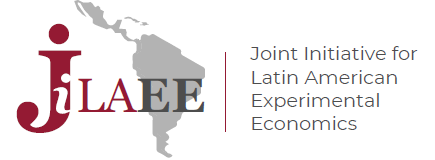Understanding Prosocial Motivation in Developing State Bureaucracies: Evidence from a Field Experiment
Prosocial drivers of human motivation have recently attracted the attention of scholars interested in improving civil servant performance in developing countries. Unfortunately, the existing literature is unclear about which drivers are more relevant to motivate public officials in these settings. We implement a field experiment that varies the salience of different dimensions of prosocial motivation to enforce policy compliance among civil servants from a school maintenance program in Peru. In particular, we study the role of altruism, commitment to a mission, and identity in a large-scale intervention to induce civil servants to invest school maintenance funds and report the use of monetary transfers to monitor corruption. We find that commitment to a mission and identity are cost-effective ways to promote policy compliance, whereas altruism does not play a role in this regard. Our results highlight the importance of a better understanding of the role of different sources of prosocial motivation of civil servants in settings where the state lacks institutional mechanisms to enforce compliance.
Please register for the event here.
